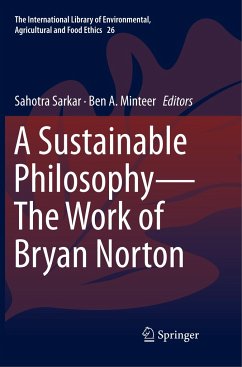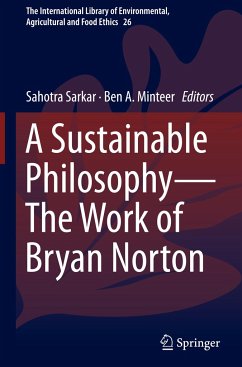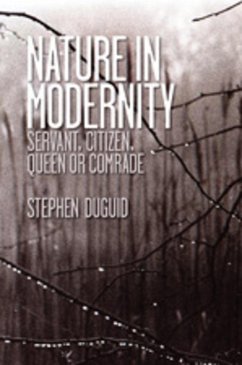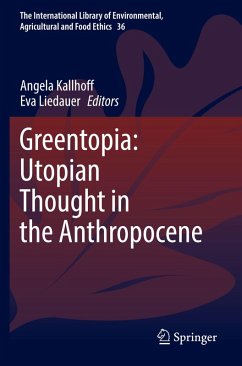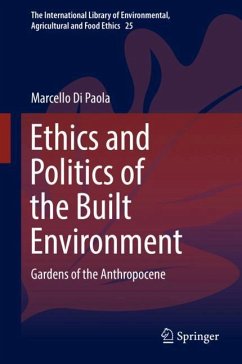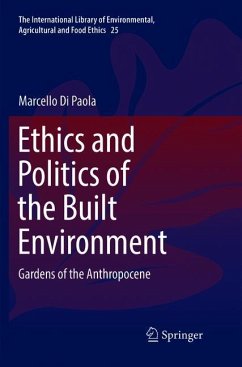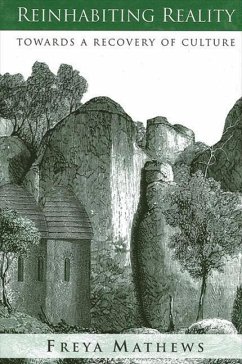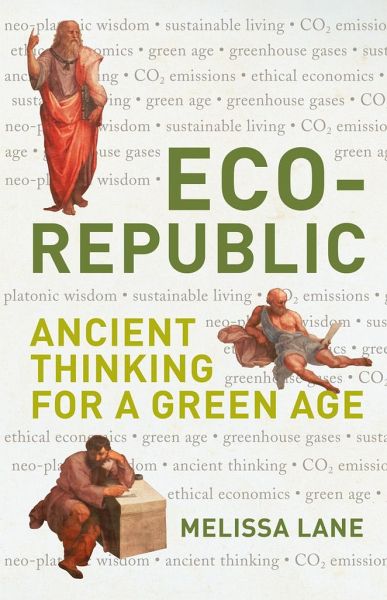
Eco-Republic
Ancient Thinking for a Green Age

PAYBACK Punkte
0 °P sammeln!
The transition to a sustainable society is a profound challenge to ethics and political thought, as well as to humankind. It is comparable to the great transitions of the past, such as the Enlightenment. Yet the distinguished tradition of groundbreaking ideas has not so far been widely invoked in public debates in this area. What can we learn from the history of ethics and political thought to enable us to cope with climate change? Climate change and sustainability are not just technical problems or problems in applied ethics: they require a new political imagination. Melissa Lane identifies K...
The transition to a sustainable society is a profound challenge to ethics and political thought, as well as to humankind. It is comparable to the great transitions of the past, such as the Enlightenment. Yet the distinguished tradition of groundbreaking ideas has not so far been widely invoked in public debates in this area. What can we learn from the history of ethics and political thought to enable us to cope with climate change?
Climate change and sustainability are not just technical problems or problems in applied ethics: they require a new political imagination. Melissa Lane identifies Key messages - on the role of the individual, the household, the nature of citizenship, and the significance of the imagination - which bring the wisdom of the past to bear on the challenges of the present. Using these resources, and building on these insights, she calls for the construction of a 'new normal', remaking our imagination of our society and our selves. Drawing on Plato's Republic as a model while also challenging aspects of Platonic politics, the book sets out the political and psychological challenges that we face in moving beyond the psycho-political settlement of modern commercial society.
Climate change and sustainability are not just technical problems or problems in applied ethics: they require a new political imagination. Melissa Lane identifies Key messages - on the role of the individual, the household, the nature of citizenship, and the significance of the imagination - which bring the wisdom of the past to bear on the challenges of the present. Using these resources, and building on these insights, she calls for the construction of a 'new normal', remaking our imagination of our society and our selves. Drawing on Plato's Republic as a model while also challenging aspects of Platonic politics, the book sets out the political and psychological challenges that we face in moving beyond the psycho-political settlement of modern commercial society.



